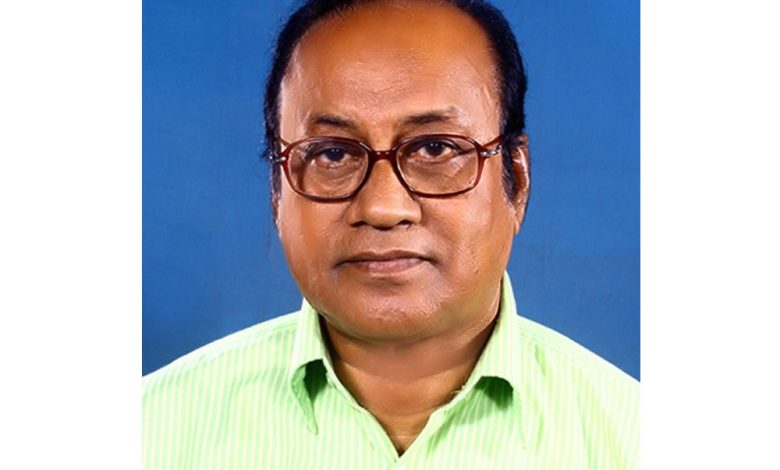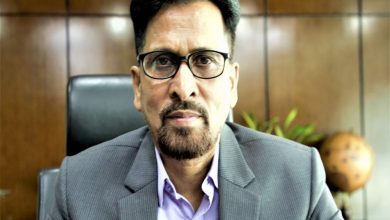Microfinance can empower youth to build a new Bangladesh: Fakir Abdul Jabbar


Holiday Post Report: Fakir Abdul Jabbar, Executive Director of Karmojibi Kallyan Sangstha (KKS), believes that microfinance has the power to shape Bangladesh’s future by transforming the rural economy and empowering its youth. He says microfinance initiatives have long been a catalyst for grassroots change, but the journey is not without challenges.
Rajbari stands on the bank of padma river. He asserts that the sector continues to face river ireson, religious conservatism, pandemics, dengue outbreaks, and natural disasters like floods. These adversities disrupt loan installment collections and expose organizations to long-term financial losses. Despite these setbacks, Fakir Abdul Jabbar remains unwavering in his mission to promote microfinance as a tool for national development.
He observes that the current government plays a supportive role, stating that “this is an NGO-friendly government.” He adds that its policies not only guide the activities of NGOs but also influence the thinking of the poor. In his words, “microfinance is no exception to this policy alignment,” which has allowed human development efforts to expand with government goodwill.
Fakir Abdul Jabbar says that youth involvement is the next frontier in the evolution of microfinance. “If we can bring young men and women into the workforce through microcredit, Bangladesh will be a different country,” he says. He stresses the importance of establishing robust monitoring systems to ensure accountability and long-term impact.
He emphasizes the relevance of microfinance in achieving the Sustainable Development Goals (SDGs). “Through microfinance, it is possible to create successful young entrepreneurs,” he says. “This is how we mark our country globally—as a rising, responsible nation driven by its own people.”
He insists that microfinance institutions must adapt to remain effective in a rapidly changing social and economic environment. That includes embedding sustainability into their operations, ensuring responsible lending, and complying strictly with the Microcredit Regulatory Authority’s guidelines. He mentions that providing vocational training—such as flensing skills—can help empower youth more meaningfully and make them financially independent.
Fakir Abdul Jabbar reflects on his own journey with microfinance. “My turning point was in 1985 when I began this work with just two rickshaw pullers. Their struggle gave birth to this organization.” He credits them for the foundation of Karmojibi Kallyan Sangstha. In 2017, he received the Presidential Award for Special Contribution to Human Dignity, Sustainable Development, and Poverty Alleviation—an honour that, he says, deepened his commitment to the cause.
He concludes with a determined note that microfinance, if executed with responsibility and inclusion, will lead Bangladesh to an empowered, sustainable future.





